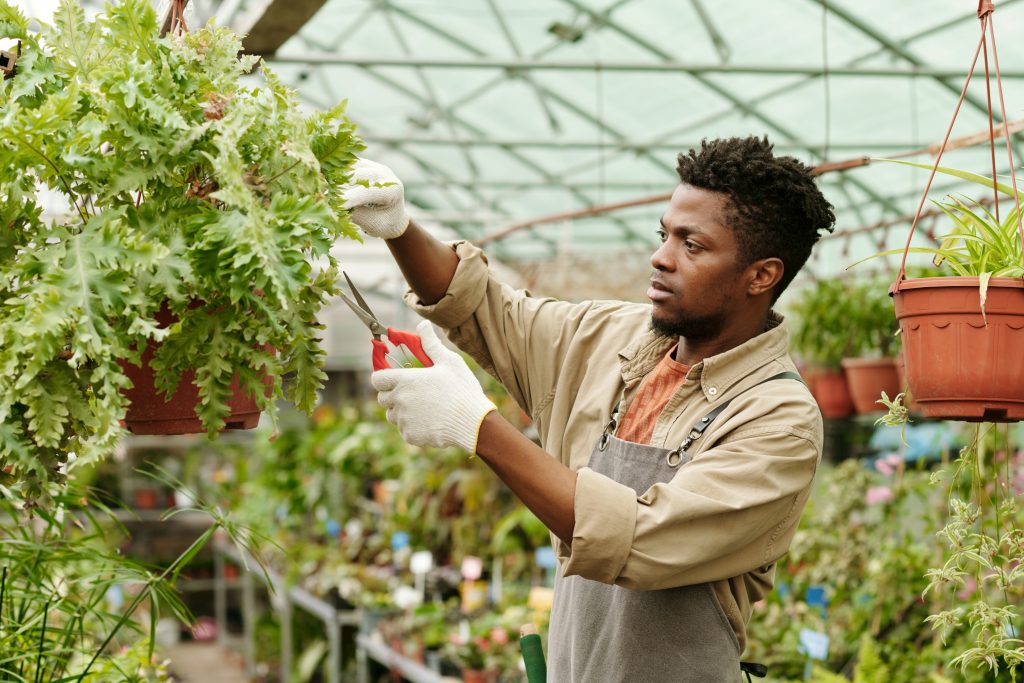Farmers play a critical role in creating sustainable futures in the United States.
They are on the front lines of climate change, and their actions have a significant impact on the environment and public health.
This article will discuss various ways that farmers can help in the process of creating sustainable futures in the United States, and the information presented is gathered from credible sources such as the United States Department of Agriculture (USDA) and the Natural Resources Conservation Service (NRCS).
Sustainable Agriculture Practices
One of the most significant ways that farmers can help in the process of creating sustainable futures in the United States is through the adoption of sustainable agriculture practices.
Sustainable agriculture practices are designed to promote long-term environmental health, economic profitability, and social and economic equity.
Farmers can adopt practices such as crop rotation, reduced tillage, and integrated pest management to reduce their carbon footprint and promote soil health.
Conservation Programs
The United States government offers several conservation programs to support farmers in their efforts to create sustainable futures.
The USDA provides financial assistance to farmers who adopt conservation practices such as planting cover crops, establishing wildlife habitat, and implementing nutrient management plans.
The NRCS offers conservation planning assistance and technical support to help farmers implement conservation practices on their land.
Renewable Energy
Farmers can also contribute to sustainable futures in the United States by producing renewable energy.
Renewable energy sources such as wind, solar, and biofuels are critical in reducing the amount of carbon emissions that contribute to global warming.
Farmers can install wind turbines, solar panels, and biofuel facilities on their land to produce renewable energy and reduce their carbon footprint.
Water Conservation
Water conservation is essential in creating sustainable futures in the United States.
Farmers can help by implementing water conservation practices such as using efficient irrigation systems, capturing and storing rainwater, and reducing water usage in their operations.
The USDA offers financial assistance to farmers who implement water conservation practices through its Environmental Quality Incentives Program (EQIP).
Community Supported Agriculture
Community supported agriculture (CSA) is another way that farmers can help in the process of creating sustainable futures in the United States.
CSA is a system in which farmers sell directly to consumers, eliminating the need for middlemen and reducing the carbon footprint associated with transportation.
CSA allows consumers to buy fresh, locally grown produce, and it helps to support small-scale farmers who may be struggling to compete with larger agricultural operations.
Farmers play a critical role in creating sustainable futures in the United States.
They can help by adopting sustainable agriculture practices, participating in conservation programs, producing renewable energy, conserving water, and supporting community-based agriculture.
Therefore, sustainable futures in the United States must focus on providing the necessary support and resources to farmers to help them adopt sustainable practices and reduce their carbon footprint.
References:
United States Department of Agriculture. (2021). Conservation. Retrieved from https://www.usda.gov/topics/conservation
Natural Resources Conservation Service. (2021). Conservation planning. Retrieved from https://www.nrcs.usda.gov/wps/portal/nrcs/main/national/planning/
United States Department of Agriculture. (2021). Environmental quality incentives program. Retrieved from https://www.nrcs.usda.gov/wps/portal/nrcs/main/national/programs/financial/eqip/
United States Department of Agriculture. (2021). Community-supported agriculture. Retrieved from https://www.ams.usda.gov/local-food-directories/csas



